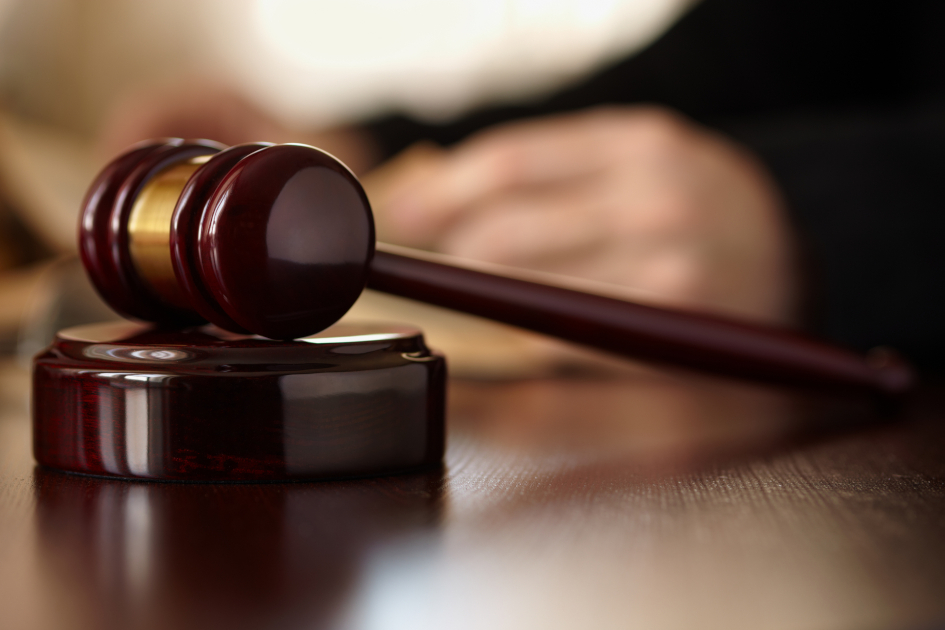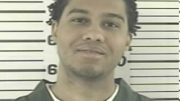By Jeffrey A. Roberts
CFOIC Executive Director
A judge cited Colorado’s press shield statute in deciding last week that the editor-in-chief of 5280 Magazine isn’t required to testify in a legal dispute between the owners of a Greenwood Village luxury home and an interior designer.
Jessica LaRusso had been subpoenaed to appear at a trial concerning a breach-of-contract claim and counterclaims. Although LaRusso and the magazine are not involved in the lawsuits, one party wanted her to confirm what she had already declared in a one-paragraph statement — that 5280 has no records of its employees communicating with designer Hayley Servatius about a “walkthrough” of their property.

Homeowners Danielle Braverman and David Reis asserted in court documents they were not asking LaRusso to “identify any news sources or testify regarding any news information.” They also claimed LaRusso waived her privilege as a reporter when she signed the declaration.
But in a May 8 ruling, Arapahoe County District Court Judge Don Jesse Toussaint wrote that “any information garnered (or not) by LaRusso regarding the residential property” in Greenwood Village falls within the shield law’s definition of “news information.” He agreed with LaRusso’s argument for quashing a subpoena “calling for such minimally-relevant ‘evidence’ because of the obvious danger that both direct and cross-examination will improperly invade LaRusso’s knowledge as to 5280’s news gathering processes and materials.”
“Simply put, the Court does not find that a strong interest of the party seeking the information outweighs the First Amendment interests of LaRusso in keeping the information confidential,” Toussaint decided.
Under Colorado’s press shield statute, a newsperson cannot be compelled to disclose any information received while researching or preparing a story, unless the newsperson personally observed a crime or the information sought is essential to a substantial issue in a court case, the information cannot reasonably be obtained by any other reasonable means and the litigant’s need for the information outweighs the First Amendment rights of the reporter and their audience.
“The court must weigh the interests of the party seeking the information against the First Amendment interests of the newsperson in withholding it and the public’s interest in promoting the gathering and reporting of news,” Toussaint wrote. The newsperson’s privilege, he added, “should give way only under circumstances where the party seeking the information has a truly significant interest at stake, such as the interest that defamation plaintiffs have in protecting their reputations.”
Braverman and Reis in court records accused Servatius and her company of misrepresentations, and the designer countersued. Braverman and Reis sought the “limited testimony of Ms. LaRusso,” their attorney wrote, “only in the event Ms. Servatius testifies under oath that she was working to have the Subject Property featured in 5280 Magazine and 5280 Magazine did a walkthrough of the Subject Property.”
But whether any communications about a walkthrough exist “cannot possibly be directly relevant to whether there was a breach of contract or any other ‘substantial issue’ in the … dispute,” argued Michael Beylkin, LaRusso’s attorney.
Even if LaRusso’s written statement constitutes a waiver, Beylkin added, the shield law provides that waivers are narrowly limited to the information in a disclosure. Having LaRusso testify at a trial “would expose her to questioning (both on direct and cross-examination) to an unbounded scope of potential matters falling squarely within the Press Shield Statute’s protection,” he wrote.
Follow the Colorado Freedom of Information Coalition on X or BlueSky. Like CFOIC’s Facebook page. Do you appreciate the information and resources provided by CFOIC? Please consider making a tax-deductible donation.




